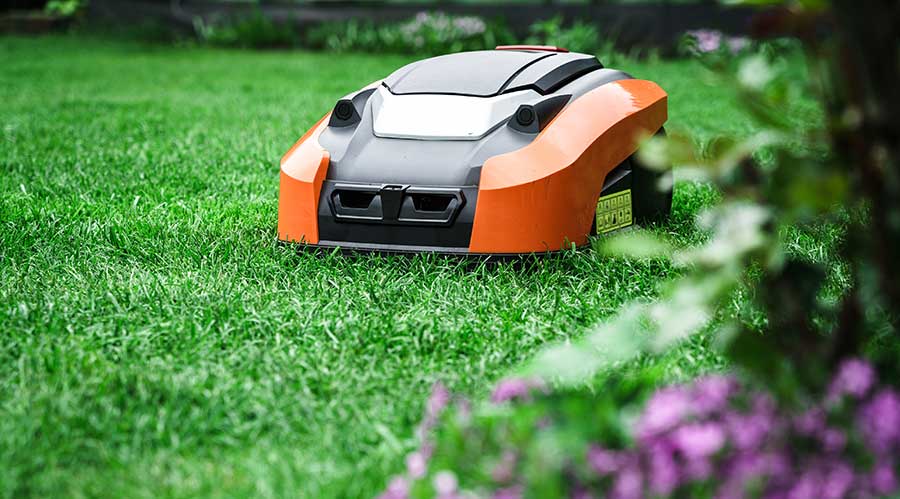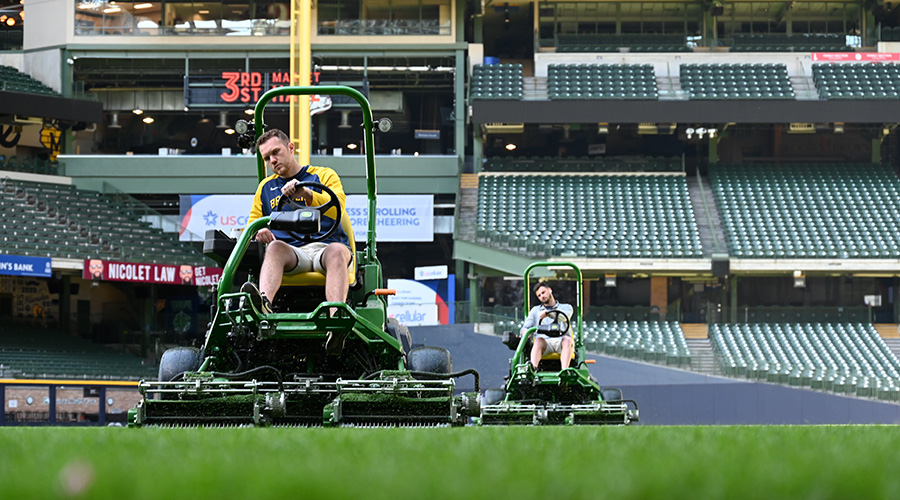Regular Inspections Important for Snow and Ice Management Equipment
When operating snow-removal equipment, inspections should become part of every employee’s daily tasks. Managers must emphasize the importance of regularly inspecting fluid levels for vehicles, says Allin, who also recommends drivers maintain equipment logs and record the results of every inspection.
“It seems like idle paper, but it gets people into a routine,” he says. “The staff knows the hood goes up every time a vehicle goes out. We are never too busy to justify doing the job wrong. Often times, we get to the shop, and it’s time to plow snow, and it’s snowing like a son of a gun, and everyone’s screaming for you to get out there. But if you bypass some of the routine maintenance things you should do on this equipment, you risk losing that equipment sometimes for weeks.”
Allin points out additional steps managers can implement to achieve more efficient snow and ice management operations. For example, he encourages regular tune-ups before winter, as well as after the season, if the budget allows.
“If you’ve got vehicles that are plowing snow, whether they are trucks or loaders, backhoes or skid steers, to have their engines serviced regularly is the biggest boon to efficiency when it comes to plowing,” he says. “This equipment uses a lot of fuel. You can’t get around it. There are no add-ons, or additives, you can add to the fuel to increase efficiencies. But if you have a rough-running machine, sometimes the guys who are doing the plowing get accustomed to a knock or a miss, and they let it go. You can eat up 10-15 percent more fuel than is necessary if the engine is not running at peak performance. Some people think that having the dealer go over the engine is a waste of money when, in fact, it’s probably one of the cheapest things you can do to increase efficiency of the equipment.”
Managers also should reinforce to drivers the need to wear seatbelts at all times.
“A lot of guys say, ‘I don’t need a seatbelt when I’m moving around campus or the property’,”Allin says. “But you need a seatbelt in case you need to stop the truck short. We call them wake-up calls — that manhole cover that’s sticking up an inch when you’re plowing along, and all of a sudden, the truck stops dead because you hit it.
“If you’re not wearing a seatbelt and kiss that steering wheel just one time, as long as you don’t lose any teeth, it’s a lesson that doesn’t cost you much.”
Related Topics:












